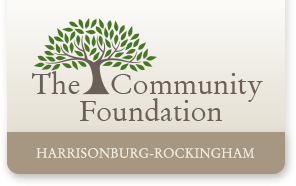Legal developments: We’re watching!
Legal developments: We’re watching!

For example, we pay attention to the IRS’s plan to increase audits of wealthy taxpayers so that our team is better positioned to help you and your clients understand the requirements of valuing gifts to charity. And we’re gearing up to help you and your clients incorporate charitable giving vehicles as a way to blunt the potential impact of the anticipated estate tax exemption sunset. And we’re watching the IRS scrutinize aggressive techniques using annuities inside charitable lead trusts. And so much more.
Another issue we’re watching closely is the latest news on the IRS’s proposed regulations of donor-advised funds. We’ve studied the transcript from the public hearings in early May, and it was inspiring to see so many community foundation leaders share their recommendations urging that any new regulations not disrupt the positive and productive working relationships between community foundations and advisors who are helping their clients achieve philanthropic goals. At this point, no one can predict what will happen with the proposed regulations–whether and how they will be revised or when they might become effective, if ever. As always, our team is staying on top of the issues. We’ll keep you informed.
Of course, a donor-advised fund is just one of many types of funds your clients can establish at The Community Foundation. We offer donor-advised funds, endowment funds, field-of-interest funds, scholarship funds, designated funds, and a wide range of planned giving and legacy options for clients who want to invest in the community’s long-term needs.
The donor-advised fund is popular because it allows your client to make a tax-deductible transfer of cash or marketable securities that is immediately eligible for a charitable deduction. Then, the client can recommend gifts to favorite charities from the fund to meet community needs as they emerge.
What’s especially rewarding for our team is to work with you and your clients to explore a diversified portfolio of giving vehicles. It’s possible that a client’s portfolio would include a donor-advised fund, and perhaps also one or more of a variety of other tools, such as a bequest, unrestricted gift, charitable trust, and endowment gift. Above all, we are confident in our ability to continue to work collaboratively with you and other advisors for years to come to help fulfill your clients’ philanthropic wishes. Thank you for the opportunity to work together! Give us a call at 540-432-3863.
This article is provided for informational purposes only. It is not intended as legal, accounting, or financial planning advice.




